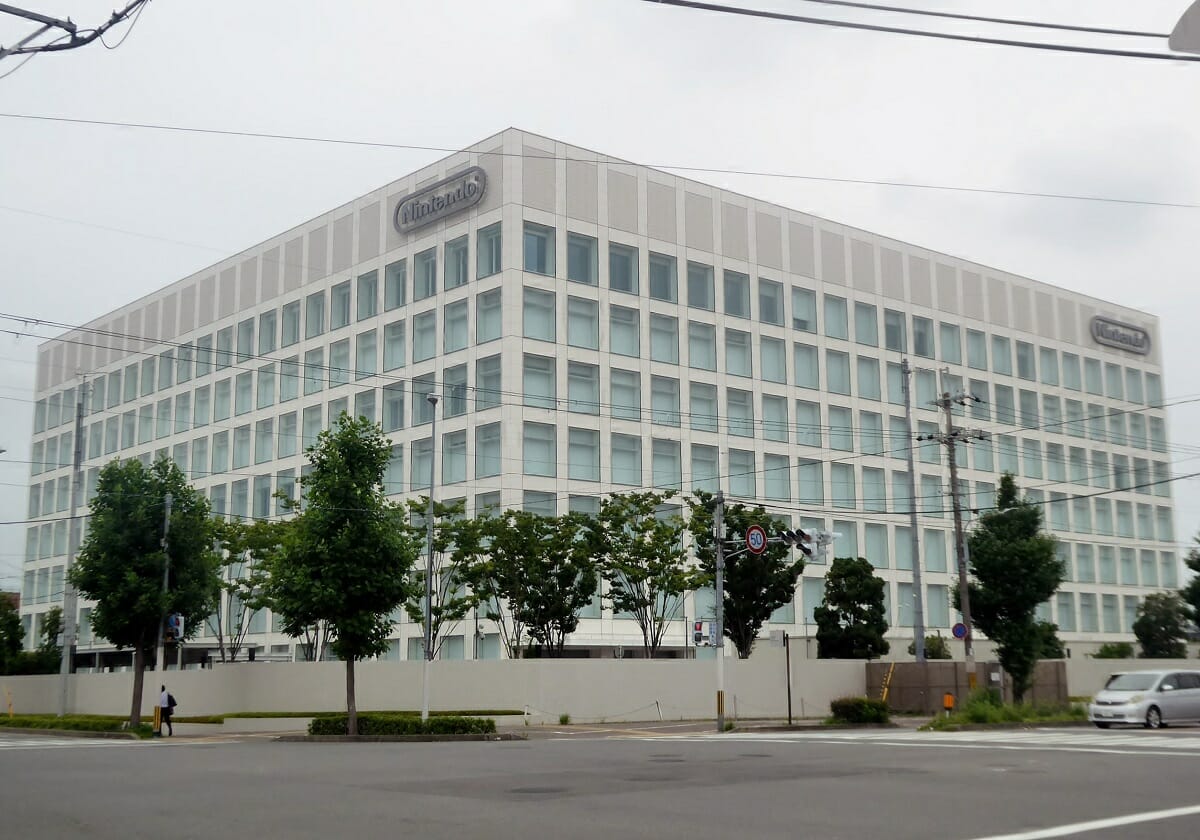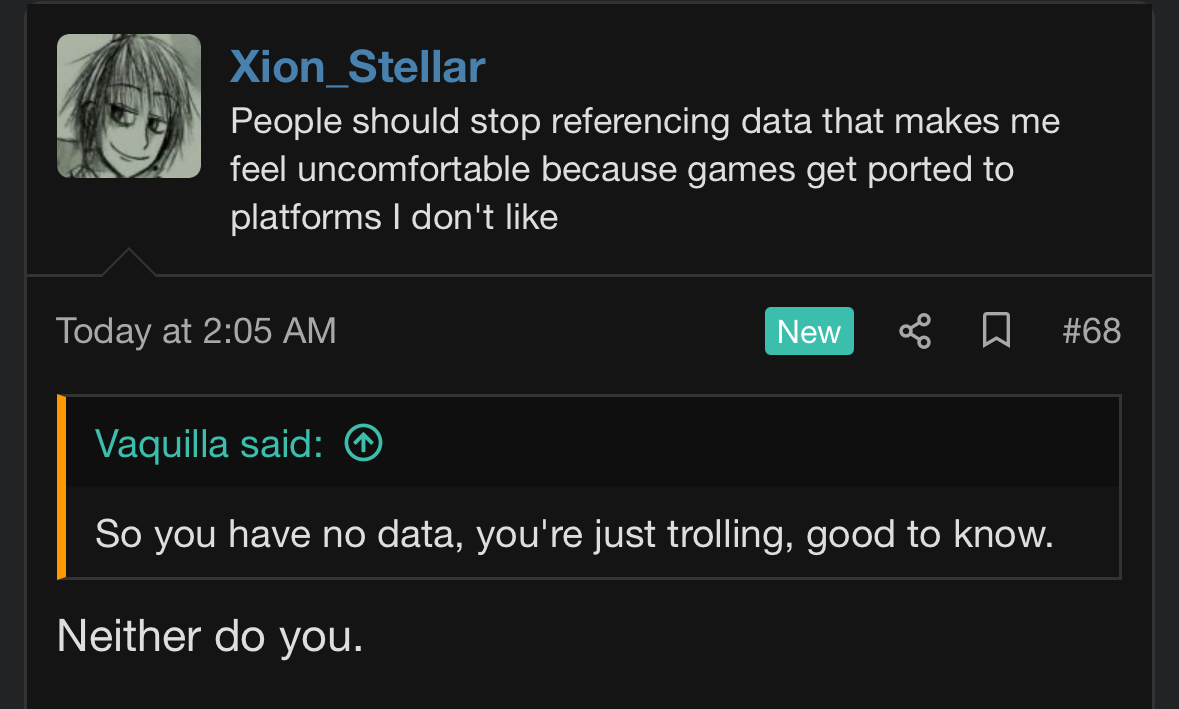Not_A-Cop_Maybe
Member
Yeah, if you thought in North America going into job interviews and being asked about "gaps" in your resume or career was pointless and unwarranted, its worse in countries in the Asian hemisphere.Do take note, all Japanese companies tend to have good retention rates. Because quitting your job and finding another one isn't seen as a good thing in Japan. Many companies simply won't hire you because you quit to look for something different or something better.








